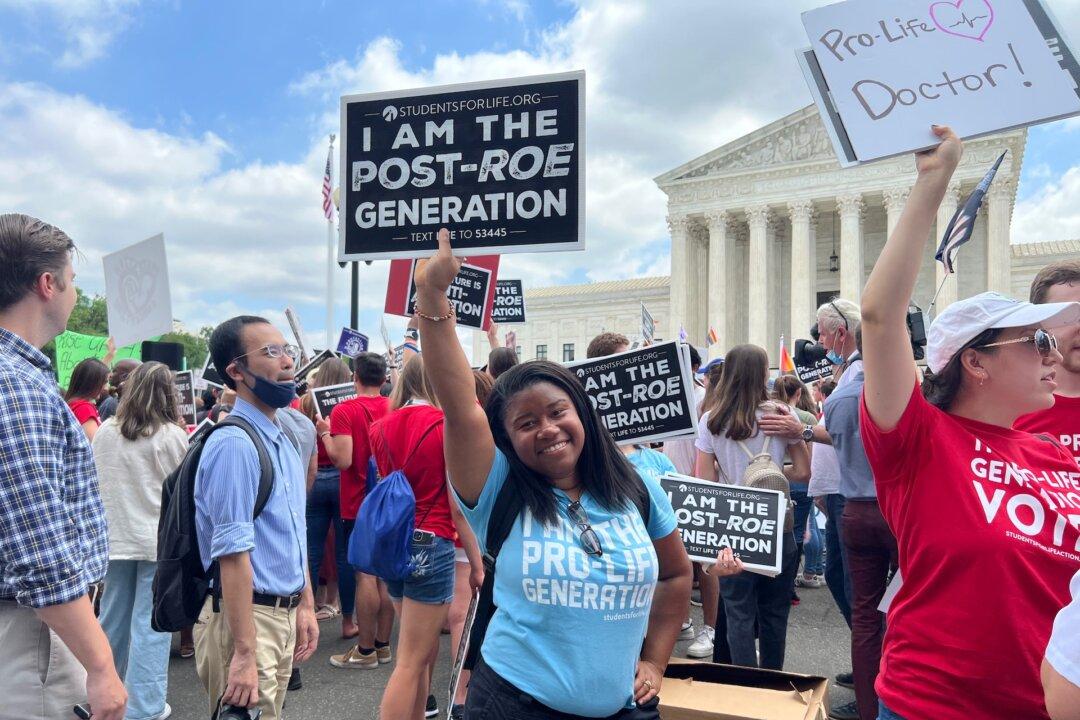The first ballot test of the official, newly minted “post-Roe era” will occur on Aug. 2, when Kansas voters are presented with a proposed amendment on their primary ballots that declares there is no constitutional right to abortion.
The Kansas Value Them Both Amendment is the first of four proposed constitutional amendments addressing abortion that will go before voters during the 2022 election cycle. Three of the proposals would restrict access to the procedure; one would expand it.





